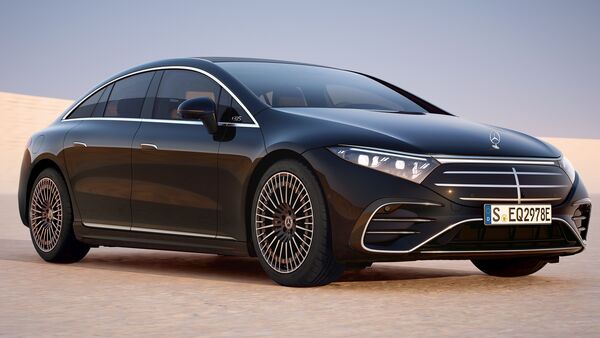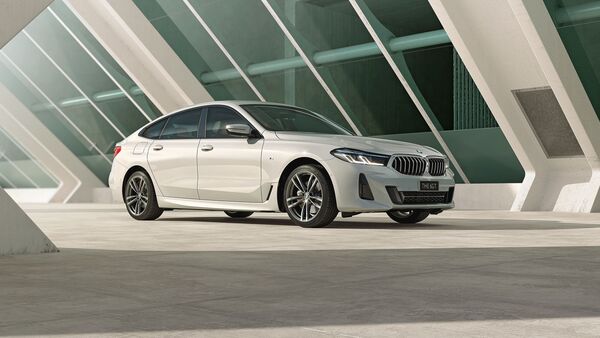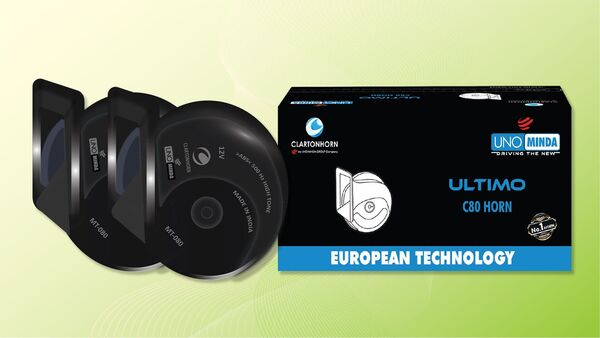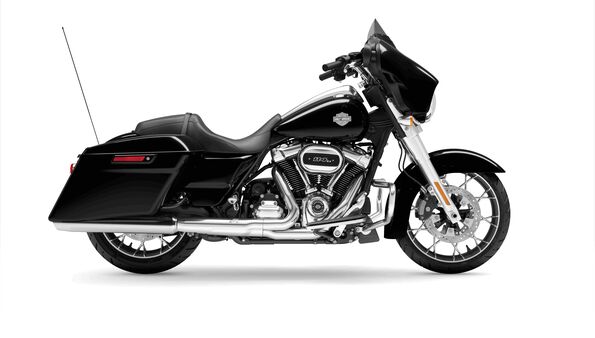
Mercedes-Benz ditches plan of 1.0-litre turbo-petrol engine for EQS EV
12 days ago | 5 Views
Mercedes-Benz EQS may be a pure electric car, but the German luxury car marque was toying with the idea of incorporating a 1.0-litre turbocharged petrol engine into the EV. This may sound unconventional, but the OEM was planning to do this in an attempt to boost the range of the EQS. The turbo-petrol motor was not supposed to drive the wheels but act as a generator to juice up the battery on the go. However, British automotive publication Autocar UK has reported that Mercedes-Benz has scrapped the idea.
Mercedes-Benz reportedly tested a prototype of the EQS with a tiny 1.0-litre turbocharged petrol engine, which acted as a range extender for the EV. However, the OEM has reportedly suspended the trials of the technology. The report stated that the automaker is no longer pursuing the range-extending EV project as this transitional technology is deemed highly expensive to produce and brings only minimal benefits.
The report further stated that the prototype had a 1.0-litre two-cylinder turbocharged power mill, which was a derivative of the M254 four-cylinder engine of the automaker. The prototype also reportedly had an exhaust system, mounted at the front of the EV. For power generation, the prototype EV used its rear-mounted electric motor that is capable of churning out 264 bhp peak power, which is paired with a lithium-ion battery pack installed on the floor.
Watch: Mercedes EQS 580: First Drive Review
The report claimed that the front-mounted internal combustion engine wouldn't have hindered the practicality of the electric propulsion system, since the Mercedes-Benz EQS comes sans any frunk. However, the addition of the ICE and a small fuel tank for it would have added weight to a car which is already heavy owing to the battery pack. Besides the weight addition, pricing would have been another issue, since the development cost for the technology is too high. With the extra hardware onboard, the range-extending Mercedes-Benz EQS would have been more expensive.
Interestingly, Mercedes-Benz is not the only automaker that attempted to install an ICE into an EV. Chinese automotive giant, Geely too has this type of technology in its portfolio. Geely-owned Volvo also uses such technology in its vehicles.
Read Also: 2024 bajaj pulsar n250 launched: 5 things to know

















